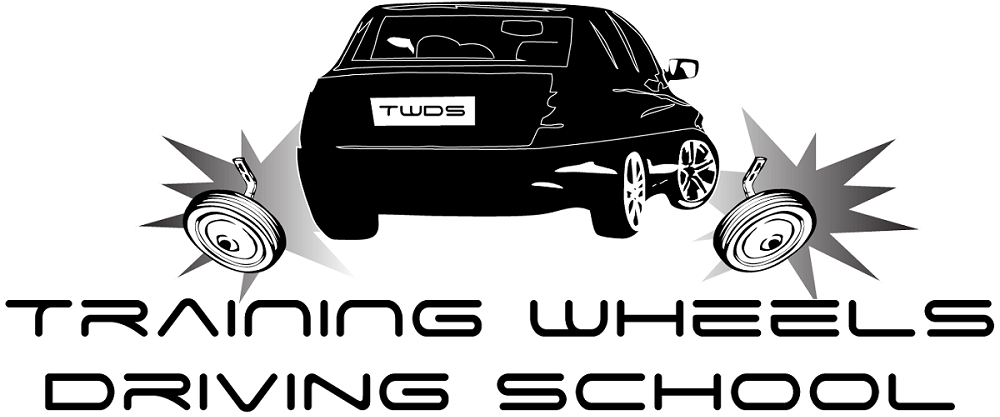To make sure your car stays efficient and reliable, you want to keep up with its maintenance. This includes checking the car’s essential fluids and keeping up with the proper levels. Certain fluids can affect fuel economy as well as your car’s longevity. Here are five of the fluids that will always require a bit of your attention.
Antifreeze/Coolant
Your engine produces a lot of heat and relies on your coolant levels to absorb all the heat. The right coolant level will prevent overheating and allow your radiator to dissipate heat properly. When adding coolant, which should be checked roughly every 50,000 miles, make sure it’s one made specifically for your car. Mix the coolant with equal parts distilled water to the reservoir, so it can circulate through the radiator easily. Never add coolant while the engine is still hot. If your fluids are often low, this could be a sign of a leak.
Brake Fluid
Most modern car brakes are hydraulic and rely on the proper amount of fluid. The brake fluid inside the line causes the brake pads to clamp down and slow your vehicle. If you notice a delay in your car’s stopping power, you should look under the hood. Checking the brake fluid levels often and getting it replaced regularly (especially when it’s opaque) can prevent your brake lines from rusting.
Engine Oil
The most important fluid, without question, is your engine oil, as it keeps your engine running smoothly. To check your levels, wait until your engine has cooled off. Then, locate the dipstick near the engine, remove it, wipe it down clean, and reinsert it where you found it. Once you’ve removed it again, the dipstick should have two notches illustrating the minimum and maximum amount of oil you need—and your levels should ideally be toward the maximum.
You should also pay attention to the oil’s look and consistency. If it’s dark and gritty, it’s time to change the oil. The oil’s condition affects the car’s condition and can spare a lot of trouble when treated immediately.
Transmission Fluid
Transmission fluid is a lot like your engine oil. While engine oil keeps the engine running smoothly, transmission fluid does the same for the transmission and will allow you to shift gears effortlessly. As soon as you hear strange noises or begin to struggle with shifting, you should look into replacing your transmission fluid. Similar to engine oil, check the dipstick near the transmission and add more fluid if it falls at or below the minimum. This should help keep your car intact, but if you have further issues, call a professional.
Wiper Fluid
Checking the wiper fluid is more for driver safety than car performance. Keeping adequate levels makes it easier to wash away any debris that may impair your windshield’s clarity. When levels start to get low, simply fill the reservoir until it’s full.
Think you or someone you know is in need of Behind the Wheel Training? Training Wheels is an Atlantic City driving school specializing in teaching new teen drivers how to stay safe on the road. For more information on our lessons, please click here.
Copyright: stockbroker / 123RF Stock Photo

